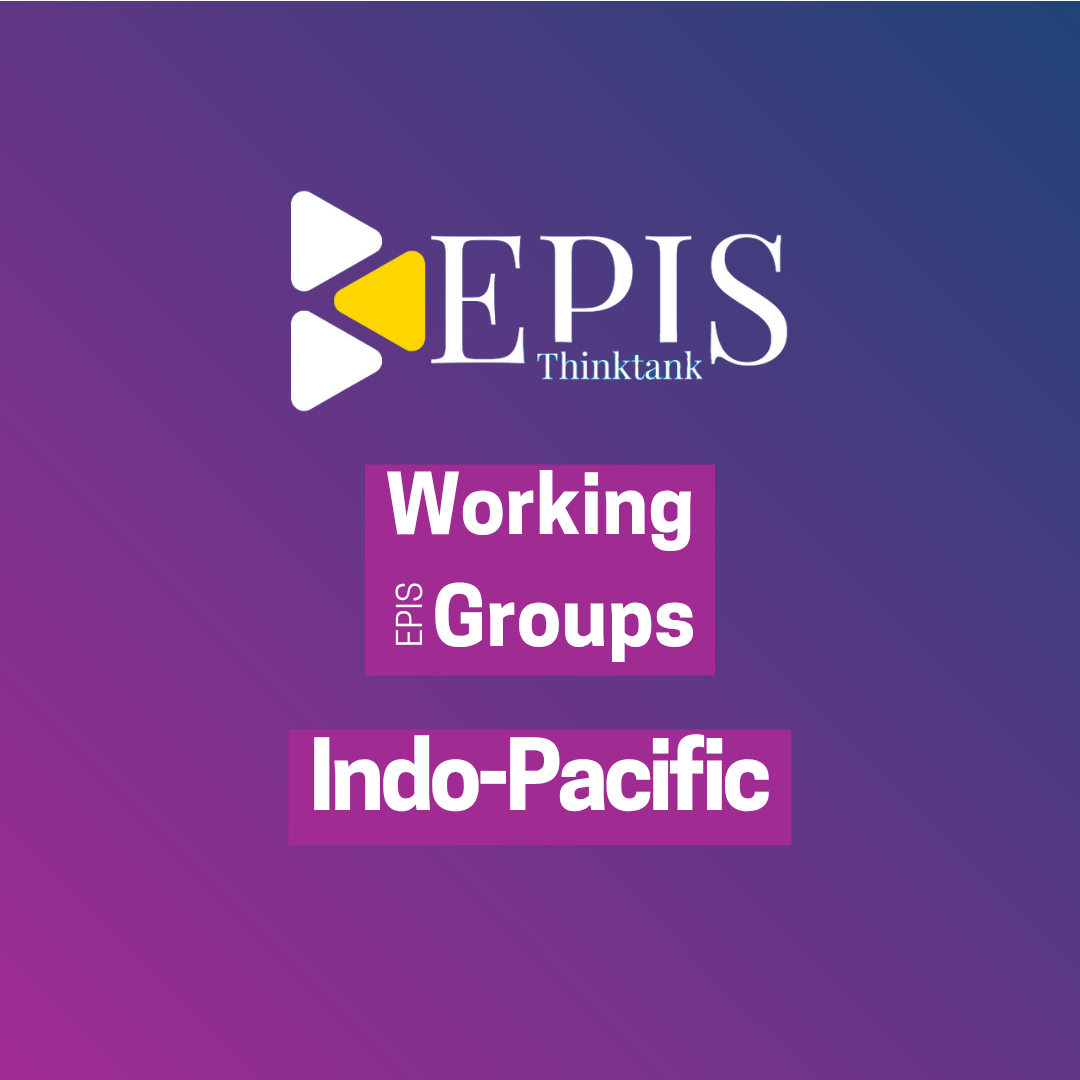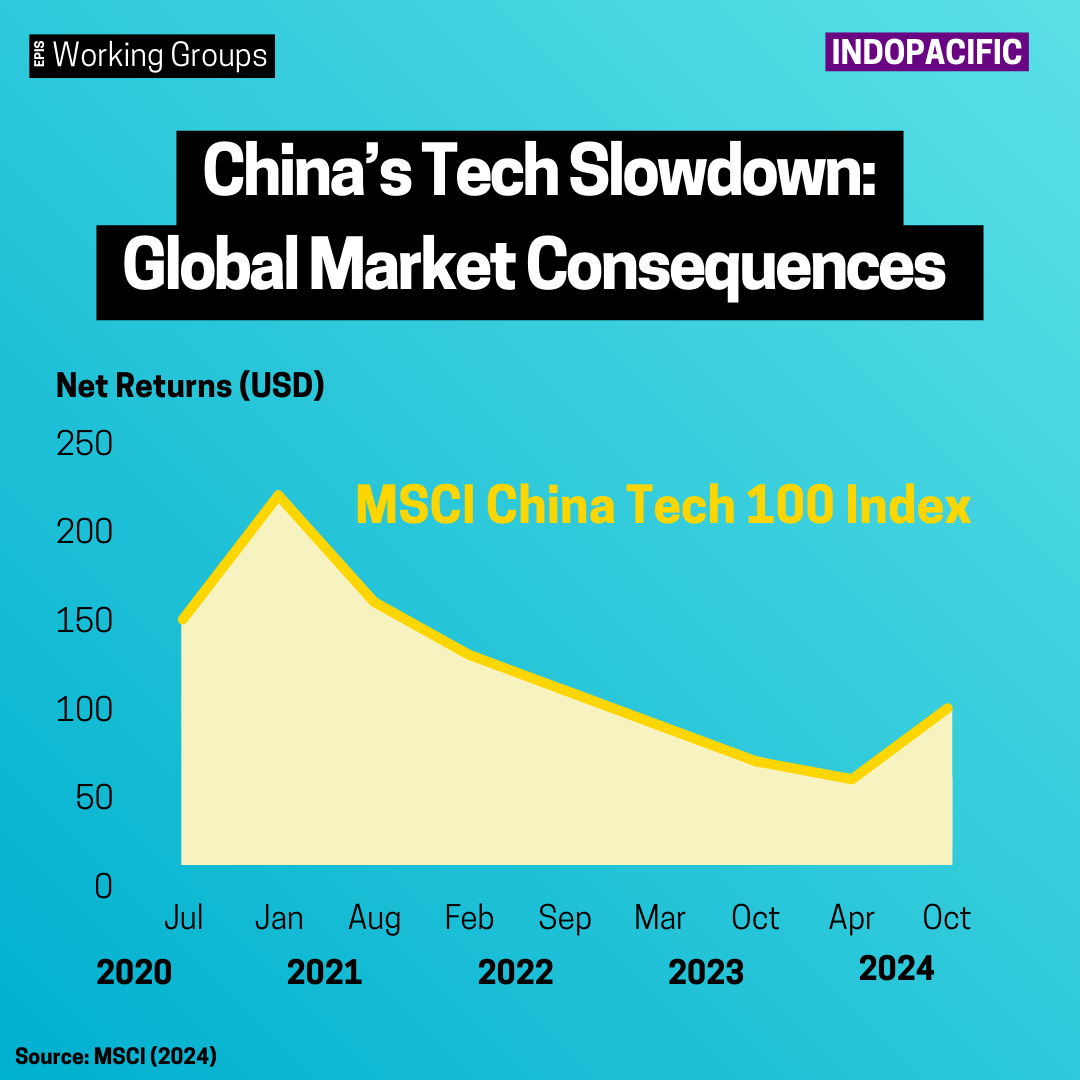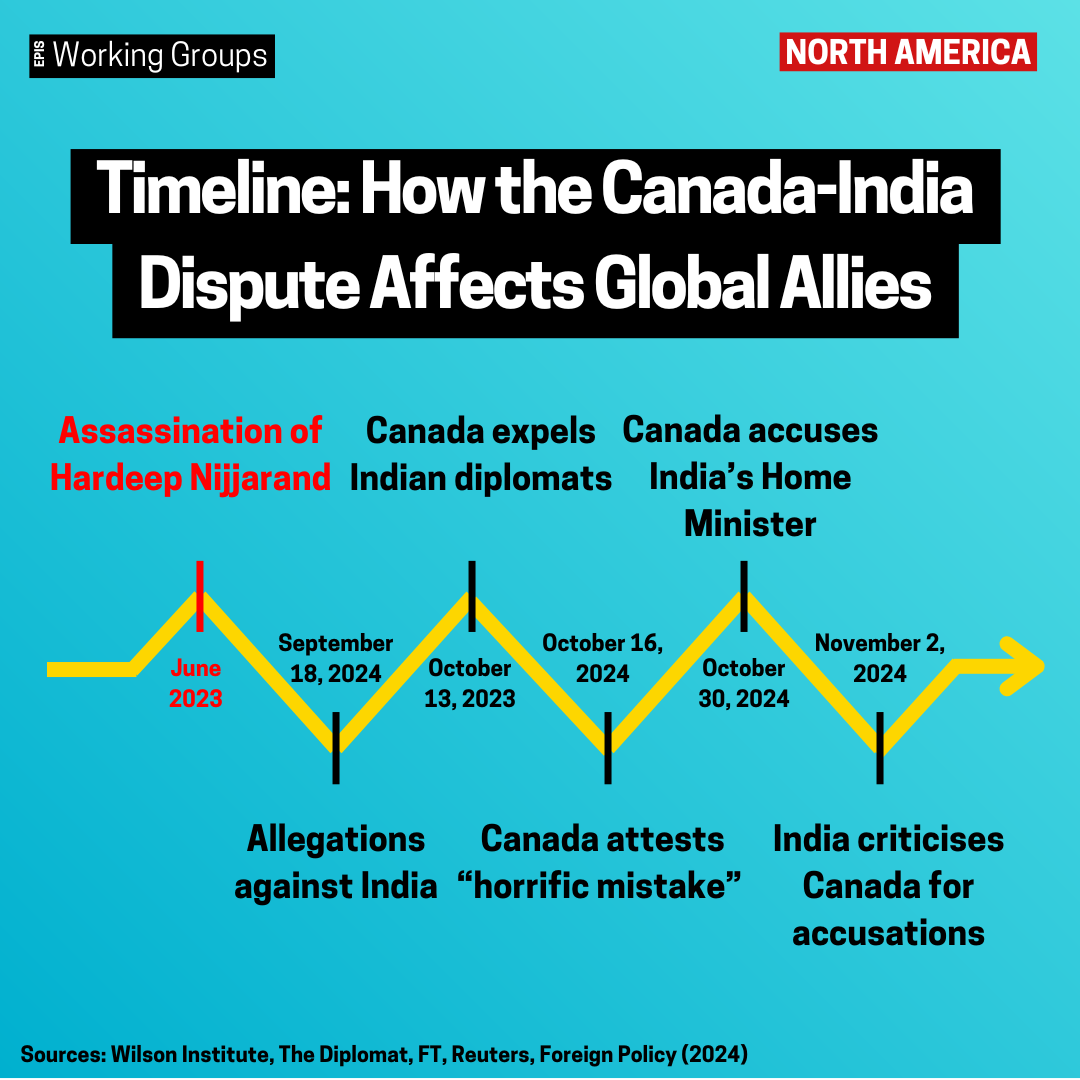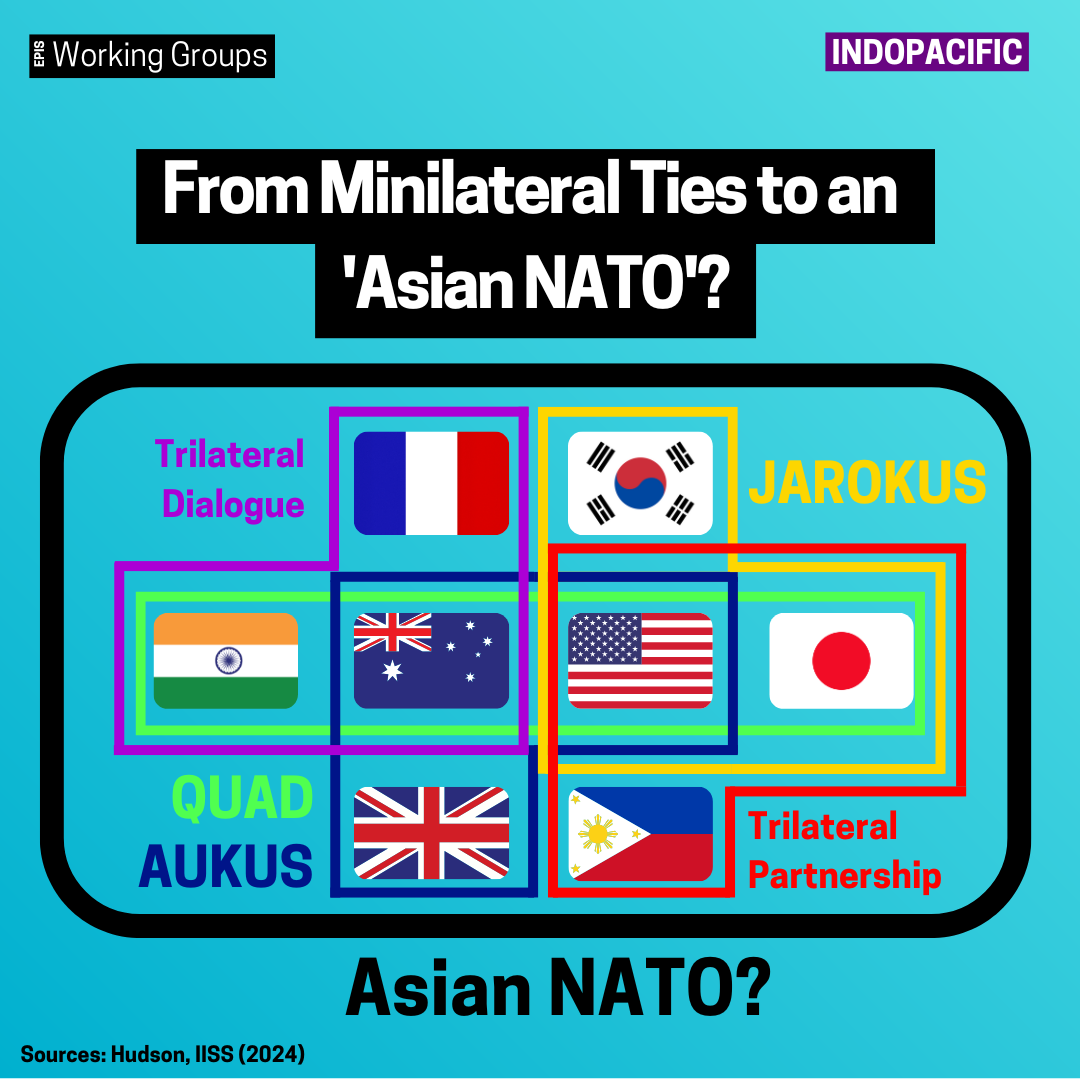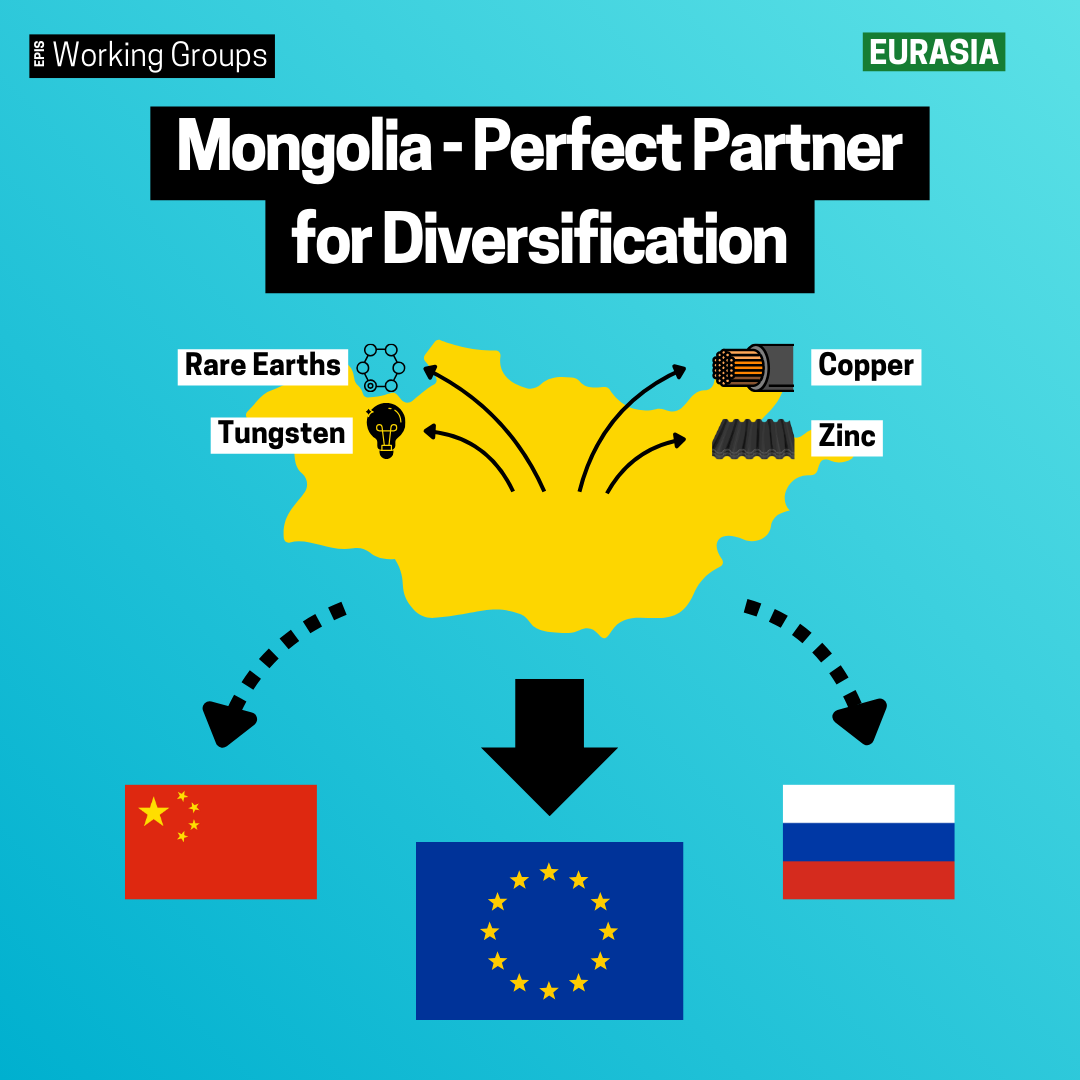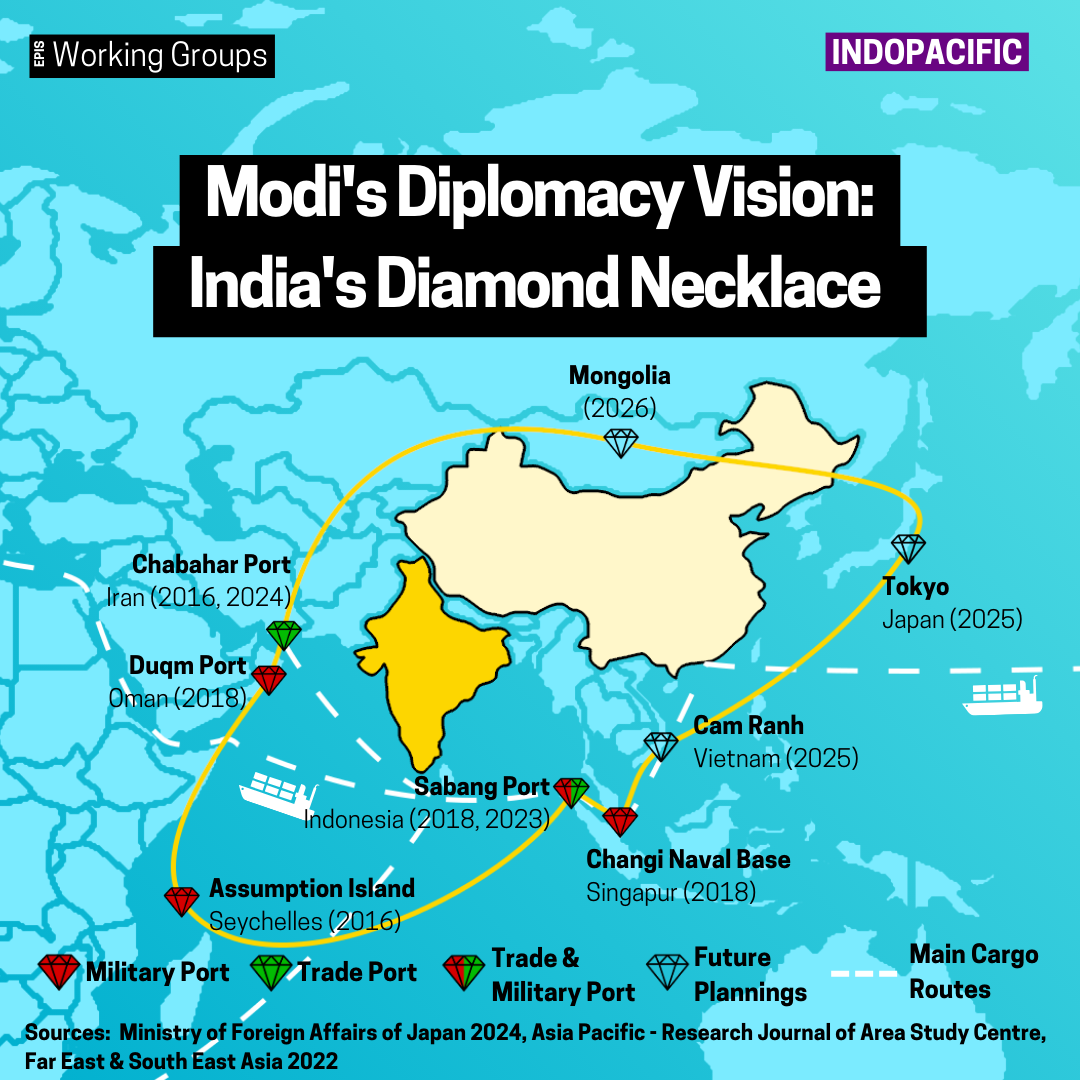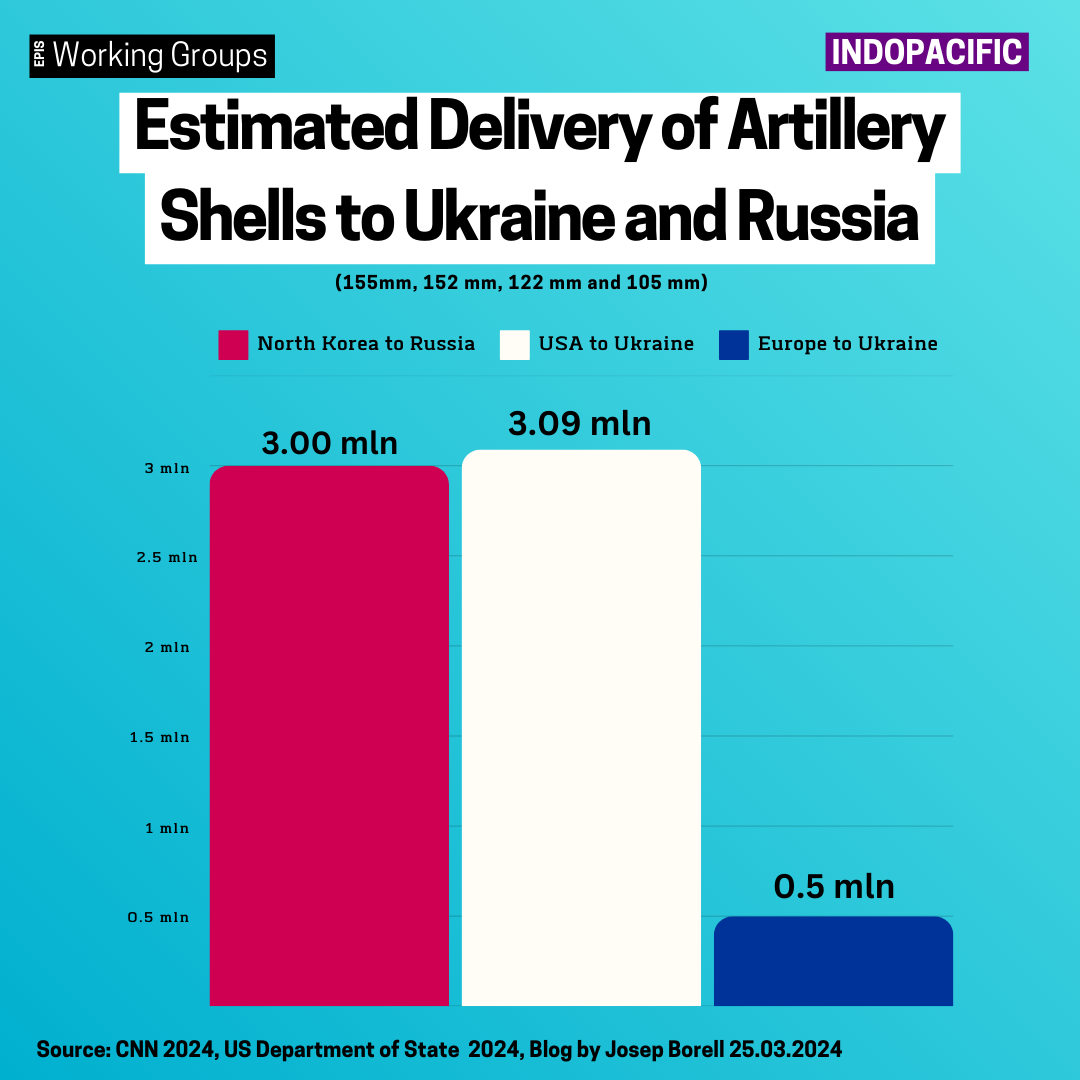Foreign Affaris & Security Policy – Working Group
Indo-Pacific
Navigating the tides of innovation and influence
The Working Group Indo-Pacific examines the Indo-Pacific’s strategic significance, focusing on regional security, maritime disputes, and power dynamics between the US, China, and regional players. It analyses economic integration, military cooperation, and emerging threats. Monthly briefings provide fact-based insights and visualisations on key geopolitical trends shaping the region’s security landscape.
Working Group Leader
Working Group Members
Publications
China’s Tech Slowdown Has Widespread Consequences for the Global Market
China’s previously most lively and vivid example of the nation’s technological prowess and innovation and now lying more quietly. The wider situation of the Chinese economy helps explain why. China’s largest tech companies have now started to bear the brunt of the country’s wider economic slowdown. This is not good news for the leader, Xi Jinping, who has repeatedly emphasised his commitment to moving investment from the property market to ...
Stuck in the Middle
How the Canada-India Dispute Affects Global Allies Diplomatic expulsions, trade fallout, and rising tensions between Canada and India have drawn in other nations, complicating multilateral relations across the Indo-Pacific and beyond. The recent diplomatic row between Canada and India, ignited by Canadian accusations of Indian involvement in the killing of a Sikh separatist on Canadian soil, has developed into an international incident. Canadian Prime Minister Trudeau’s allegations led to reciprocal ...
Unlocking Asia’s Defense Potential: From Minilateral Ties to an ‘Asian NATO’?
On September 25, 2024, just six days before his inauguration, Japanese Prime Minister Shigeru Ishiba published an essay through the Hudson Institute, advocating for the creation of an “Asian NATO.” His reasoning is clear: as he writes, “Ukraine today is Asia tomorrow.” Ishiba explains that, since Ukraine was not a NATO member, Article 5 of the North Atlantic Treaty — which mandates collective defence — did not apply, leaving NATO ...
Mongolia’s Strategic Relevance for European Diversification Efforts
With political shocks and the following supply chain disruptions, European countries’ aims of diversifying trading partners have gained a lot of momentum. Since most economies have adopted the goal of becoming climate-neutral, avoiding dependencies in areas that are crucial to achieve this goal remains challenging. With the current level of carbon-free technology, very specific materials are put in the spotlight. Only certain countries offer the materials needed for a carbon-free ...
Modi’s Diplomatic Vision
India's Diamond and Necklace Strategy Under the leadership of Prime Minister Narendra Modi, India has been engaging in an ambitious foreign policy initiative known as the Diamond and Necklace Strategy. The primary purpose of this strategic framework is to enhance India's maritime influence and security interests throughout the Indo-Pacific region by utilizing a combination of strategic infrastructure projects, economic initiatives, and diplomatic alliances. At its core, the Diamond and Necklace ...
North Korea
Russia's Most Important Ally? At a press conference back in late February, South Korean Defence Minister Shin Won-Sik warned that North Korean munitions factories were operating at “full capacity” in supplying Russia with large amounts of weapons and ammunition. Most notably, this includes artillery shells which currently sustain Russia’s indiscriminatory bombing campaigns in eastern Ukraine, and have been supplied since last September following a summit between the two countries. During ...

